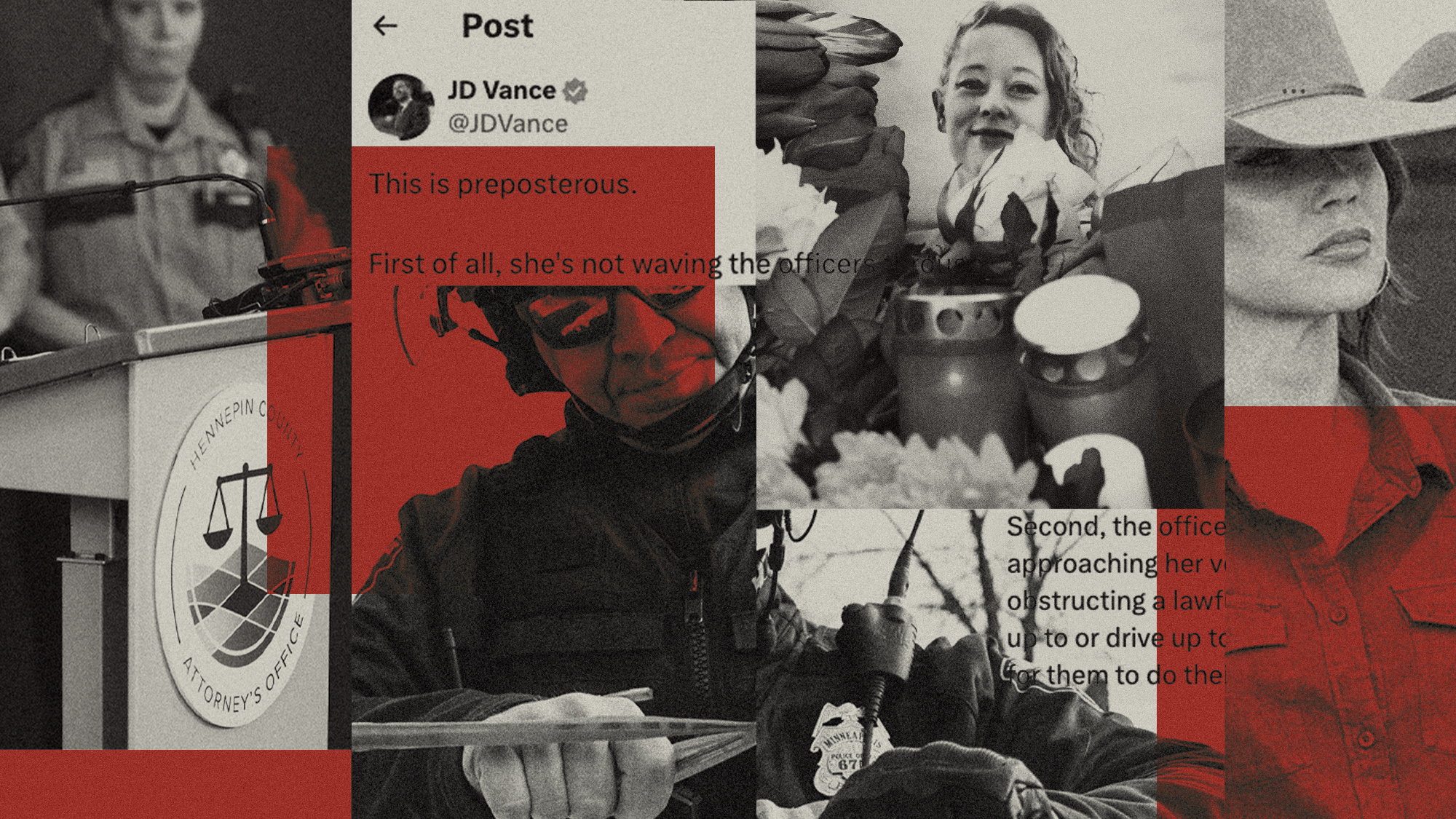Anderson Cooper’s survival skills
Anderson Cooper's willingness to cover disasters and tragedies such as the genocide in Rwanda is partly a reaction to the losses in his own life.
Anderson Cooper is drawn to disaster, says Lisa DePaulo in Elle. The CNN newscaster has spent his career choosing to immerse himself in tragedies such as the civil war in Bosnia, genocide in Rwanda, and Hurricane Katrina in New Orleans. It’s not just a quest for ratings, he says; it’s partly a reaction to the losses in his own life. His father’s death, when Cooper was just 10, made him acutely aware how precarious life is. “When you lose a parent at a young age, you realize the world is a much different place than you thought it was. And I wanted to be able to know that I could function in this new world.” The suicide of his brother 20 years ago also motivated him to plumb the depths of what people could endure. “I wanted to go places where people understood loss and people knew more about it than I did. And where things seemed very real. I find it endlessly fascinating that some people have an inner core or an inner drive or something that allows them to move forward despite all this stuff.” Has he figured out what that is? “I’m not sure I did,” he says. “But I have found that it is a very thin line between success and failure.”
A free daily email with the biggest news stories of the day – and the best features from TheWeek.com
The Week
Escape your echo chamber. Get the facts behind the news, plus analysis from multiple perspectives.

Sign up for The Week's Free Newsletters
From our morning news briefing to a weekly Good News Newsletter, get the best of The Week delivered directly to your inbox.
From our morning news briefing to a weekly Good News Newsletter, get the best of The Week delivered directly to your inbox.
-
 The ‘eclipse of the century’ is coming in 2027
The ‘eclipse of the century’ is coming in 2027Under the radar It will last for over 6 minutes
-
 Striking homes with indoor pools
Striking homes with indoor poolsFeature Featuring a Queen Anne mansion near Chicago and mid-century modern masterpiece in Washington
-
 Why are federal and local authorities feuding over investigating ICE?
Why are federal and local authorities feuding over investigating ICE?TODAY’S BIG QUESTION Minneapolis has become ground zero for a growing battle over jurisdictional authority